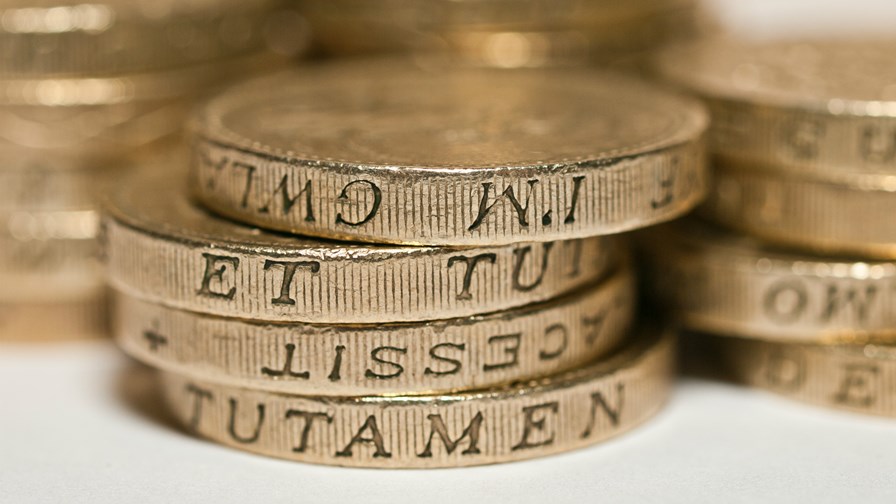
via Flickr © wwarby (CC BY 2.0)
- Basic broadband up by £2 per month, a 13 per cent increase
- BT sport price rises to be used to buy new cricket content, voice prices going up just because
- Meanwhile inflation in the UK hits a shocking 1.6 per cent
BT has announced that it’s going to raise its prices pretty much across the board in the UK, much to the fury of public interest groups who point out that BT only upped its prices in July last year. This will be the third round of price increases in 18 months, they claim. Furthermore, it’s being imposed against a backdrop of low inflation.
BT’s last increases in 2016 saw most broadband packages rise by £2.00 per month making the ‘standard’ price lift from £13 to £15, while ‘unlimited’ broadband was charged at £20 per month, up from £17.95.
This time, from April 2nd, basic broadband is going up by another £2 per month (a rise of just over 13 per cent) with Infinity - the higher-speed fibre to the curb-supported offering giving up to 76Mbit/s - going up by £2.50.
BT Sport, BT’s controversial TV play, is also attracting extra charges. To get the ball rolling BT Sport was initially launched as a free add-on for BT broadband customers, with an impost on viewers watching it on other platforms. BT Sport will now cost BT TV (a cable and satellite channel) customers £3.50 a month or £42 for a yearly subscription from next season. Sky box users will pay £1.50 extra a month (now up to £7.50) and Sky customers watching BT Sport via another broadband provider will pay an extra £1 a month (so now £22.99).
BT’s voice service prices are going up as well. Standard landline calls are up 1p per minute to 12p and mobile calls are also up one p per minute to 16p. Even the call plans are being nudged up by 49p to £8.99 per month (getting on to 5.5 per cent increase) with evening and weekend call plans up 30p to £3.80 per month (a fraction under 8 per cent).
All these rises - between about 5 per cent to over 10 per cent in some cases - must be set against consumer inflation in the UK which has shockingly risen by…. 1.6 per cent.
At the same time the technology and other associated costs which make up the inputs to things like broadband service (such as IP transit costs) are obediently obeying Moore’s law and reducing in at least as steady a fashion as BT’s retail prices seem to be going up.
At least pained consumers have the right to swap providers without contract penalty should price changes be made.
As an excuse for the price hikes, no doubt BT will point to the huge expense soon to be involved in deploying 5G. UK users, however, will have every right to point to the huge expense of buying football and (apparently cricket) rights as probable cause - especially the many millions who have no interest in shelling out to watch either game.
Email Newsletters
Sign up to receive TelecomTV's top news and videos, plus exclusive subscriber-only content direct to your inbox.




